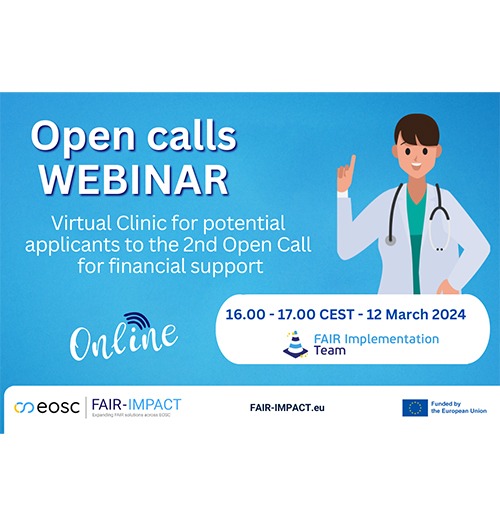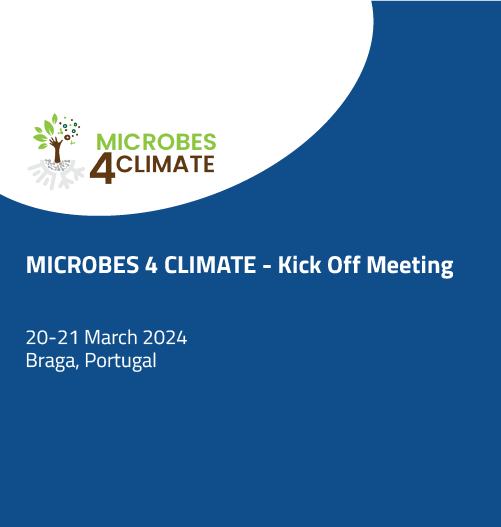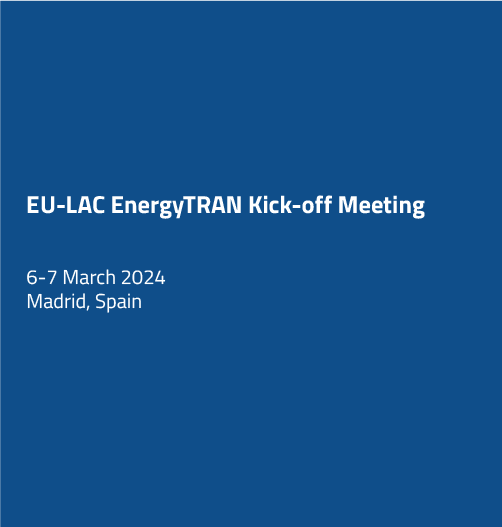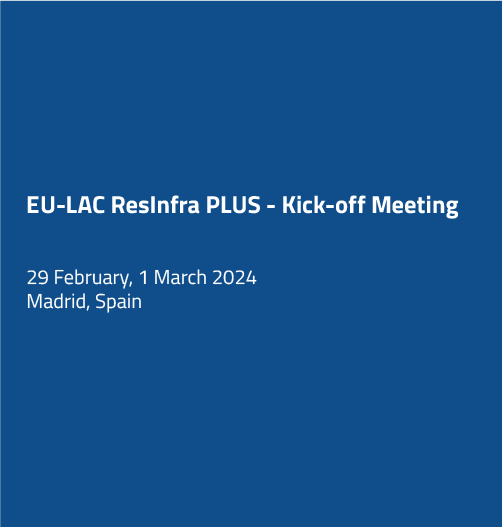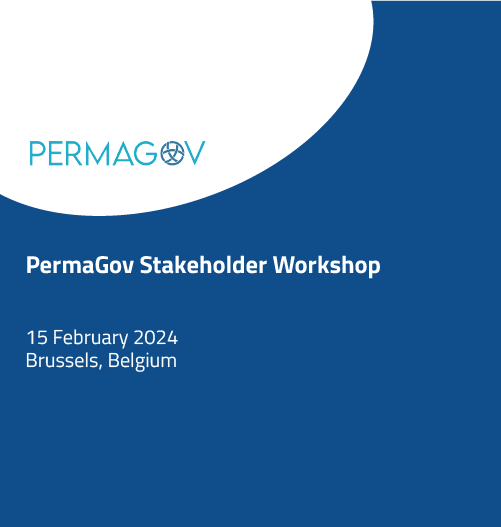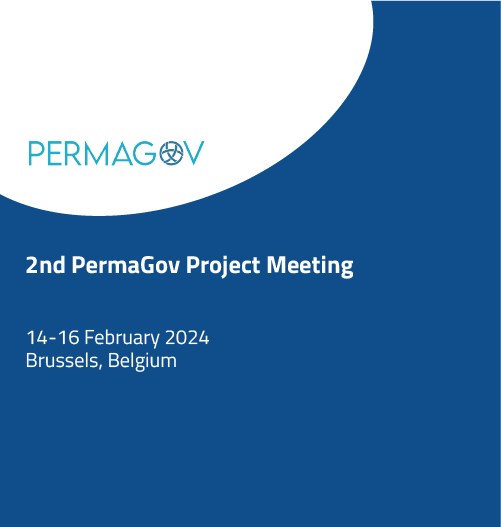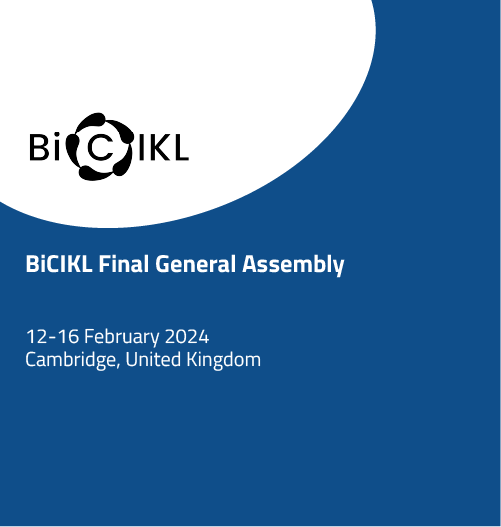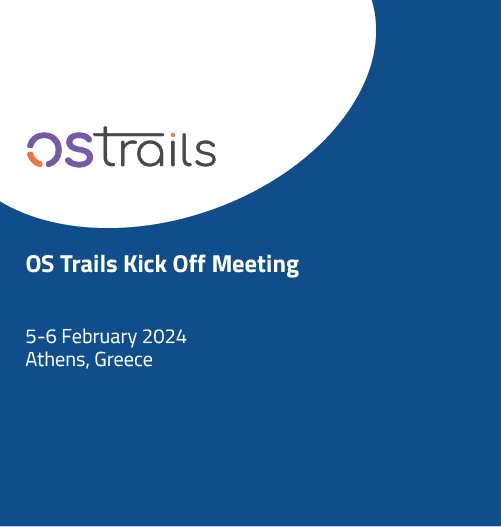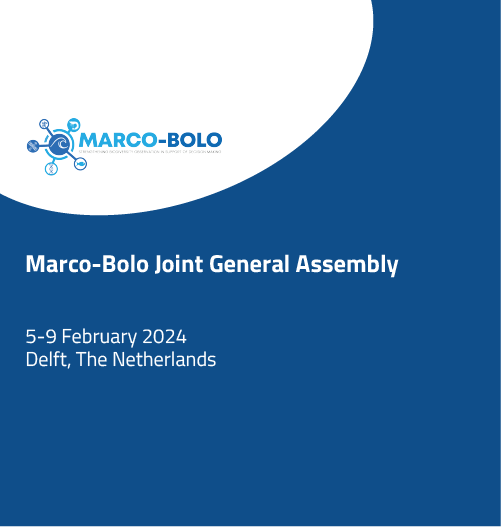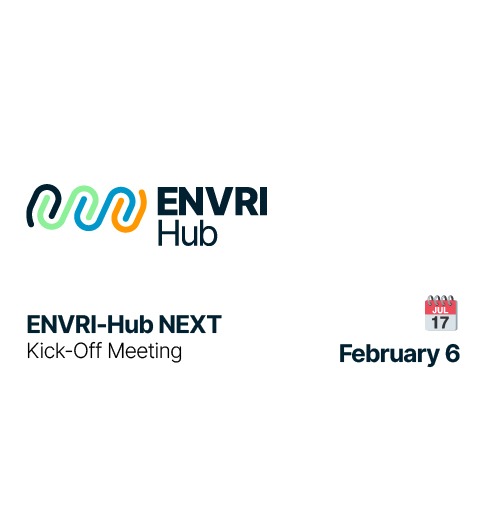9:00: Registration
Session I – Opening Session
9:30 – 9:45: Welcome by Ana Portugal Melo (MIRRI-ERIC) and Rector of University of Minho, Professor Rui Vieira de Castro
9:45 – 10:00: Project Officer Presentation by Mr. Francesco Gatto (European Commission)
10:00 – 11:00: Introduction of Participants
10:30 – 11:00: Coffee Break
Session II – Introduction to Microbes4Climate
11:00 – 11:30: Overview of Microbes4Climate by Nelson Lima (UMinho)
11:30 – 12:00: Financial execution and reporting of TNAs by Mr Francesco Gatto (European Commission)
12:00 – 12:30: Q&A
12:30 – 14:30: Lunch Break
Session III – Zooming in Microbes4Climate I
14:30 – 15:00: WP1: Catalogue of services by Rosa Aznar (UVEG-CECT)
15:00 – 15:30: WP2: Microbial single-cell genomic analyses by Philippe Vandenkoornhuyse (UNIV RENNES)
15:30 – 16:00: WP3: Establishment and validation of synthetic microbial communities by Tanja Kostic (AIT)
16:00 – 16:30: Coffee Break
16:30 – 17:00: WP6: Legal, regulatory, ethical, and intellectual property affairs by Matthew Ryan (CABI)
17:00 – 17:30: WP7: Community building, training, and user engagement by Michel Boer (AnaEE ERIC)
Session IV – Zooming in Microbes4Climate II:
9:00 – 9:30: WP8: Increasing visibility and outreach by Francisco Rocha (SPI)
9:30 – 10:00: WP4: TA/VA – Transnational and Virtual Access Programme by Nelson Lima (UMinho)
10:00-10:30: WP5: Data management and access by Ana Mellado (LifeWatch ERIC)
10:30 – 11:00: Coffee Break
Session V – Showcasing TNA workflows (Institution – Services and Resources – Implementation):
11:00 – 12:30: Selected 5-minutes pitches from various institutions
13:00 – 14:30: Lunch Break
15:00 – 15:45: Session VI – Synergies with existing projects: TNAs in the AGROSERV Project – the implementation process, challenges, and glories by Michel Boer (AnaEE-ERIC)
Session VII – Project Management and Report
15:45: Project Management and Ethics by Ana Portugal Melo (MIRRI-ERIC)
16:30: Closing by Ana Portugal Melo (MIRRI-ERIC) and Vice-Rector of University of Minho, Professor Eugénio Campos Ferreira
